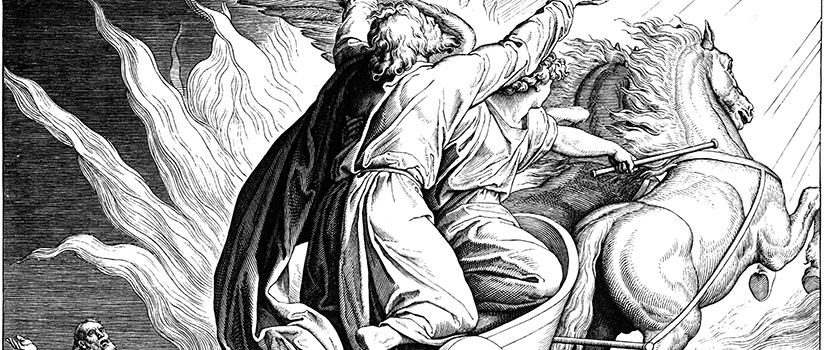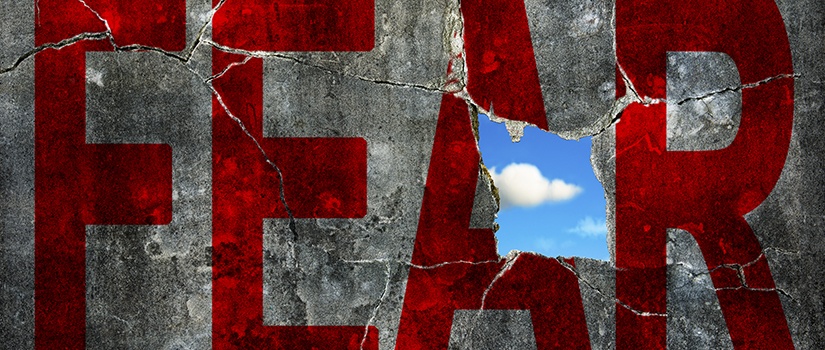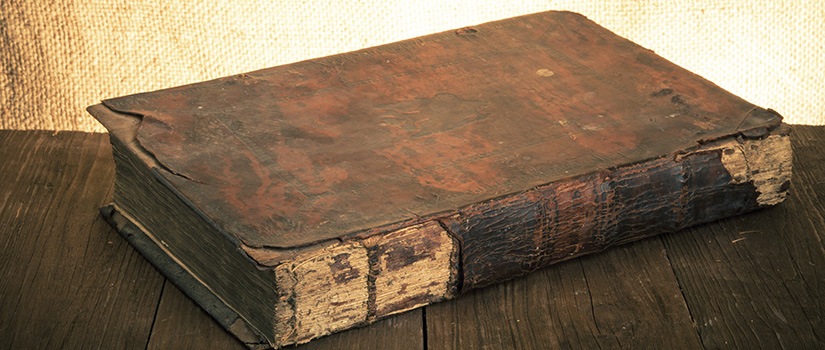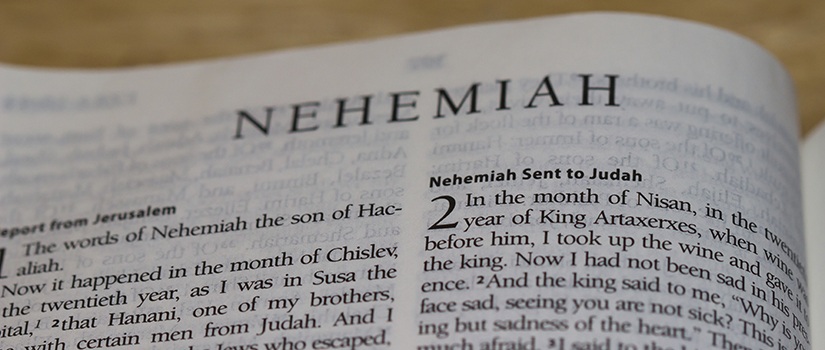Elijah The Tishbite #3
ELIJAH BACK IN ISRAEL:
Elijah #3 Is A Continuation From Elijah #2.
From My Book “Running In The Rain”
We find Elijah back in Israel after three and one half years in a foreign country living on the provisions God had supplied to a widow woman. No rain had fallen during this period of time and severe conditions existed in Israel.
In this study Elijah meets with Obadiah the govenor of Ahab’s palace, who stands out as one of the great Old Tesatment examples of faith.
The following is a list of the things we will cover in this Study #3.
~~~~~~~~~~~~~~~~~Contents~~~~~~~~~~~~~~~~~~
1. Elijah Back In Israel
2. Obadiah, Ahab’s Governor
~~~~~~~~~~~~~~~~~~~~~~~~~~~~~~~~~~~~~~~~~~
(1.) ELIJAH BACK IN ISRAEL:
The drought lasted for three and one half years, (Luke 4:25)
then the call from God came to Elijah again.
1 Kings 18:1. And it came to pass after many days, that the word of the LORD came to Elijah in the third year, saying, Go, shew thyself unto Ahab; and I will send rain upon the earth.
2. And Elijah went to shew himself unto Ahab. And there was a sore famine in Samaria.
Like an insidious plague, drought builds slower, spreads farther, lasts longer, and touches more lives than any other natural disaster. As we write Ethiopia is held in the grip of an extended drought which will claim millions of lives. Drought’s impact ripples like heat off pavements, crops die, food costs soar, livestock starve, water tables drop, wildfires rage, and heat takes human lives.
The most infamous drought in North American history was the “dust bowl” of the 1930s which withered crops from the Prairie Provinces through the Great Plains and left much of the area forever changed into desert.
The 1988 drought was the costliest natural disaster in U. S. history, with losses of more than 39.2 billion dollars. Fires burned more than 12.6 million acres of the Yellowstone national park. Much of the corn, wheat, and other crops were devastated, the cattle, hog, and poultry farm losses ran into billions of dollars, thousands of municipalities had to ration water, and worst of all there were more than 10,000 heat related deaths.
Much of the world is subject to drought at any given time. Abraham experienced a drought not long after he came into Canaan and left for a while to go to Egypt (Genesis 12:10). Jacob later went to Egypt because of drought and his family remained there for 400 years (Genesis 46:6).
So drought was no new thing to the people who lived in the near east and probably caused little alarm when it did not rain after Elijah left the palace of Ahab (1 Kings 17:1).
But, as I said, drought is a slow process, and its effect does not take place suddenly, so life at the Palace continued as before. As the weeks wore into months, and the months into years without rain, and the grass had long ago dried up, concern must have set in about the crops and livestock as the streams, and water supply, dried up.
At first threats had been freely uttered against Elijah, who was perversely regarded as the author of all this misery and the neighboring countries were scoured to find him (1 Kings 18:10). Moreover reprisals were made on the system, which he represented, by a fierce persecution of the prophetic order, of which he was a part.
At first, especially if Elijah was unknown before the drought began, both king and people, under the malign influence of Jezebel, professed to regard his threatening with contempt. The more so as the prophets of Baal would not fail to assure them of the protection and blessings of “the lord” of nature, Baal.
But as the months and years passed by, and neither rain nor dew fell the heavens were as brass, the earth like iron, the pastures languished, the fruits of the earth failed, the cisterns became dry, man and child and beast began to suffer the extremities of thirst. And when the entire nation was in dire straits, we cannot doubt that the tone and temper of the country underwent a change.
When the drought lasted through the third year and into the fourth, and when absolute ruin and death stared the nation in the face, the heart of people was slowly being turned backward, from Baal and Ashtoreth, to the Lord God of Israel.
The Lord looked upon the sufferings of his people, and upon their changing attitudes towards him, and he told Elijah to return to Ahab and he would send rain upon the earth. Thank God, “His Mercy Is Everlasting.”
At the bidding of God the prophet leaves his Gentile dwelling, takes an affectionate farewell of the humble widow, winds along the old highway by the coast road, and reaches the dominion of Ahab. In Elijah we see his courage, his unwavering confidence in God, and unhesitating obedience to his divine command.
“Hide thyself at Cherith,” said God before, and Elijah went. “Show thyself unto Ahab,” God says now, and into the very jaws of the lion the prophet goes without murmur or pause.
The conditions of the country are most distressing. There is drought everywhere. The marshes are dry; the fountains have ceased; the most torrent-beds can yield little or no water.
(2.) MEET OBADIAH, AHAB’S GOVERNOR:
Extended drought affects every person from peasant to king, and for this reason Ahab set out, not only to find grass and water to save the remaining horses and mules alive, but to find the person, he felt, responsible for the drought.
1 Kings 18:2. “And Elijah went to shew himself unto Ahab. And there was a sore famine in Samaria.
3. And Ahab called Obadiah, which was the governor of his house. (Now Obadiah feared the LORD greatly:
4.For it was so, when Jezebel cut off (Slew v.13) the prophets of the LORD, that Obadiah took an hundred prophets, and hid them by fifty in a cave, and fed them with bread and water.)”
In these verses we are introduced to one of the most remarkable men in the Old Testament, in fact in the entire Bible, the governor of Ahab’s house, Obadiah.
Seemingly the whole nation, under the malign influence of Jezebel and Ahab, had abandoned the God of their fathers, and turned itself to the licentious worship of Phoenician gods. The altars of Jehovah had been overthrown, and a determined effort was made by Jezebel to stamp out His Prophets and Professors of Jehovah.
We should expect, as a result—what Elijah really believed to be the case (1 Kings 19:10)–that to find a pious man we must search the land as with a candle. If we would look for them it would be away from the habitat of men, “In caves and dens of the earth,” near the brook Cherith, or the cottage of Zarephath, or wandering about “in sheepskins and goatskins,” & etc (Hebrews 11:37, 38).
But we should hardly hope to find them in the cities of Israel, in broad light of day, in conspicuous positions, least of all would we look for them in Samaria, where Satan’s seat was, the fortress and citadel of Baal. Or, if we were so audacious, despite the Godlessness of the times and the precariousness of the city, as to count on some saints in Samaria, we would never search among the great men (Jeremiah 5:5); we would go to the cottages of the poor.
We would never dream of finding any followers of the Lord occupying an exalted position, living under the shadow of the Palace, or in close contact with the determined and unscrupulous queen.
But if we were assured that even in Ahab’s Palace, under the same roof with Jezebel, a devout and steadfast servant of Jehovah was to be found, we would certainly have expected to find him in some insignificant servitor, some poor retainer of the place.
That any high official, that a Minister of State, could retain his piety in that cesspool of corruption, that hotbed of idolatry and immorality, and at the very time that Jezebel was cutting off the Lord’s Prophets, would seem to us altogether out of the question.
“What communion,” we would ask, “hath light with darkness? Or what part hath he that believeth with an infidel?” (2 Corinthians 6:15).
Yet we find Obadiah, the administrator of the Palace of Samaria, the trusted and faithful minister of Ahab, the third ruler in the kingdom, “Feared the Lord greatly” (1 Kings 18: 3), and though surrounded by Baal worshipers, never bowed the knee to Baal. Though risking his life daily, by his devotion to Jehovah, yet served him truly, and succored his prophets.
We have a parallel to this in the New Testament where Paul speaks of “The saints in Caesar’s household.” “All the saints salute you, chiefly they that are of Caesar’s household.” (Philippians 4:22) Also of Joanna, the wife of Chuza, Herod’s steward. (Luke 8:3).
Philippians 1:13. So that my bonds in Christ are manifest in all the palace, and in all other places;
14. And many of the brethren in the Lord, waxing confident by my bonds, are much more bold to speak the word without fear.
When Paul wrote these words he was in Rome awaiting the verdict of his trial before Caesar. (Philippians 2:23) The year was A.D. 63; the palace of the Caesars was occupied by Nero. Of all those born of women, Nero was perhaps the meanest, basest, most infamous, the most profligate of any.
This Nero was murderer of brother, murderer of mother, of wife, of lovers; persecutor and butcher of the Christians, sworn foe of goodness and purity in every shape, patron and abettor of every kind of abomination—and according to some the “Beast of Revelation.”
When we are informed that under his roof, in the midst of the corruption he created, saints are found. We cannot but be impressed with the fact that the wisdom of God has preserved for our encouragement two or three conspicuous instances, one under the old dispensation, and two under the new, of Holy Men and Women living and thriving in a Palace under the most adverse conditions, amid the overflowing of ungodliness.
The Apostle Paul lets us know that we are not to desert our post of duty, “Wherein he is called, therein abide with God.” (1 Corinthians 7:24)
Let us not forget that every man’s life is a plan of God; that we have been placed where we are by him, and placed there to do his work. (Esther 4:14) Let us not forget, also, that his “grace is sufficient” for us; “that with every temptation he will make a way to escape.”
It was a great mistake of the Hermits and Religious Order of a past age to leave the world because it was so wicked, for this was to take “salt” out of the earth, and leave it to corruption. Churches also have deserted huge sections of our cities, moving out into “better neighborhoods” and leaving thousands of people to fend for themselves against the evils of society.
If the men and women, who alone can leaven society, shut themselves up in a cloister or study, it is simply leaving it to the devil to do his worst. (we are all missionaries).
Obadiah was called by the providence of God to be governor of Ahab’s house. The post must have been one of extreme difficulty, of constant trial, and imminent peril. We see from 1 Kings 18:10-14 the kind of man he had to deal with, and how, from day to day, he carried his life in his hand. But he did not desert the state of life into which it had pleased God to call him. He considered that he was there for some good purpose. That he had a work to do which he only could do, and he resolved to stop and do his duty.
Obadiah waited and endured, and at length the opportunity came to fulfill his calling. When Jezebel would exterminate the Lord’s Prophets, then the steward of the palace understood why he had been placed in that perilous and responsible position. It was that he might “Save much people alive.” (Genesis 50:20) Then he did what, perhaps, only he could have done. He took a hundred of the Lord’s prophets, hid them in a cave, and fed them with bread and water. (1 Kings 18:13)
It is only the power of God which could keep men Holy in Ahab’s or Nero’s or Herod’s palace.
It is altogether beyond the power of human nature to work the moral changes which Christianity has wrought either to convert men or to preserve them from falling back into depravity. When we note a person like the Apostle Paul, who was a persecutor and an injurious, or like Augustine, who was a devotee of heathen religion, or John Newton, former captain of a slave ship, that such an one should be suddenly stopped, transformed, ennobled, and should preach the faith which he once persecuted, this is very difficult to account for on human ground.
That men and women, who, at their work place, or home environment, are subjected to every evil influence, pride, passion, shame, everything combining against religion— That these should, nevertheless, “Denying ungodliness and worldly lusts, live soberly, righteously, and Godly” (Titus 2:12) in the Sodom around them. This is no less a miracle of divine grace.
The influences that preserved an Obadiah, a Paul, an Eubulus, a Pudens, and Linus, and Claudia (2 Timothy 4:21) must have been from above.
If religion held its own in Ahab’s, or in Nero’s court, it will hold its own and win its way anywhere. How can we ever despair of our religion so long as we have such proofs that it is the “Power of God unto salvation” (Romans 1:16)? “But where sin abounded, grace (Divine help) did much more abound:” (Romans 5:20).
Society, both in our workplace and on our streets, may be very godless; it may be changing for the worse; the masses in our large towns may be very brutal and animalistic in nature. They may be utterly estranged from religion in every shape; But whatever America is like, and whatever England is like, its state is nothing like so desperate as was that of Rome under Nero, or Israel under Ahab.
Again, the natives to whom we send our missionaries, no doubt they are debased, sensual, apathetic, or even hostile to our religion; But are they really worse; is their case more hopeless than that of Ahab’s, or Nero’s subjects?
And if the days of persecution are not ended; if in many countries the sword is still against Christianity, can we find among them all a more aggressive persecutor than Jezebel, or a more unprincipled inquisitor that Nero? We cannot pretend that our sufferings are anything like theirs.
No longer are the prophets hunted like partridges; no longer are they clad in skins of wild beasts, or dipped in cauldrons of pitch; no longer do we hear the bloodthirsty cry of spectators screaming, “Down with the Christians.” And yet, despite those terrible mockings and scourgings, those agonies in the amphitheater, those privations in the caves, religion, in Samaria, and Rome alike, held its ground.
In Israel, seven thousand, true-hearted confessors would neither be tempted nor terrified into bowing the knee to Baal (1 Kings 19:18). In Italy, the blood of the martyrs was the seed of the Church; neither Nero, nor Decius, nor Diocletian, could stop the onward march of Christ’s baptized host, and now it is a matter of history how one day the Empire woke up to find itself Christian.
If men could be saints in Ahab’s, and Herod’s, and Nero’s palace, they may be saints anywhere. There will be thousands upon thousands who will wear the crown of righteousness whose names never made public record, yet recorded in heaven.
How constantly do men plead the adverse circumstances in which they are placed as a reason why they cannot serve God. Sometimes it is a Godless street in a wicked city, sometimes it is an irreligious household, or infidel workplace, or their trade is such, their employers or associates are such, that they cannot live a Godly life.
But the example of Obadiah, the example of those saints of Caesar’s household, convict them of untruth and cowardice. They cannot have greater temptations or fiercer persecutions than befell those Roman saints. If they proved steadfast, and lived in sweetness and purity, which of us cannot do









